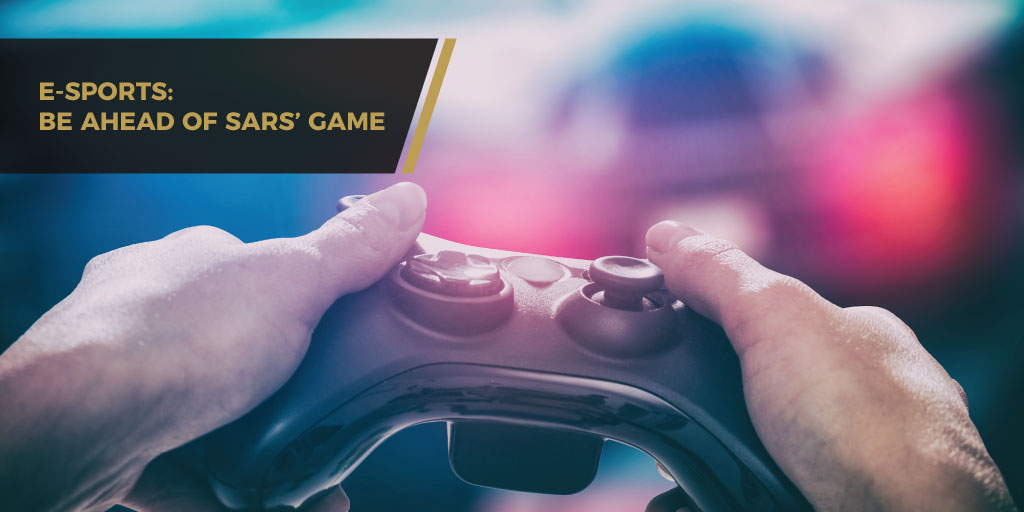Often considered a waste of time and certainly an area of contention in most households, is the concept of gaming. Spending hours in front of a computer or console, whiling away time that could be used more productively, according to many parents. Viewed as an anti-social hobby that is of no value.
However, this perception could not be more incorrect and outdated. To the surprise of many people, and to the excitement of many others, professional gaming or “eSports” is a rapidly growing and extremely lucrative “hobby”. Some prize pools have reached as high as R347m. That’s not a typo.
eSports?
While it’s not the Premier league or Super Rugby, eSports is a professional gaming competition whereby people from all over the world play video games against each other and the winners are awarded with a prize, usually in the form of money.
South Africa even has a controlling body for this, an organisation by the name of Mind Sports South Africa.
The ever-growing popularity of eSports has had both a societal and an economic impact in many countries, including South Africa, and the traditional views of video gaming has seen a shift from lazy and mindless, to strategic and stimulating.
The fact of the matter is that, while previously, gaming has been considered a complete waste of time, there now exists a tangible and profitable profession for the dedicated eSports men and women of the industry. Pac-man for a pay check? Mario for moola? You get the idea.
However, with great prize pools comes great responsibility. This responsibility is in the form of one’s Call of Duty, if you will. Taxes.
Gamers are, after all, engaged in a profession that generates an income for them. And, as with all professions, taxes must be paid on that income.
Classification Wars
To provide you with an example, let’s say you are a professional player of League of Legends (now, now Dota2 fans, this is merely an example), and you win a tournament where you are awarded a sum of money.
That money then gets paid to your “club/clan”, or the company who manages the team, and thereafter gets distributed to you as the player.
The burning question here is whether you, as the professional player, are considered an “employee” of the club, and are thereby earning remuneration. This is an important consideration as employers are required to withhold PAYE on remuneration paid to employees.
So, how do you know whether you are an employee of your club?
The answer lies in the manner in which you conduct your battles. Factors such as whether you are working at the premises of the club, the extent to which your gaming is supervised and your “working” hours play a role in this determination, this being regardless of your ranking or your KDA ratio (for all the noobs out there, this is short for Kill / Death / Assist).
It should be kept in mind that, where you as a gamer receive prize money in your personal capacity (without the clan/club level interaction) you have an obligation to pay tax on those funds received. There are no two ways about it.
For the clubs/clans out there who are managing and paying their respective players, have you considered the VAT implications of running the club/clan? If you haven’t, now’s the time.
Battlefield: SARS
Now, don’t get me wrong, I am not saying that you should rush off to file tax returns for the winnings you receive from your valiant battles – one must first determine whether this is even necessary.
The first point of departure is to confirm the nature of your earnings. How, you may ask? Well, you seek the advice of a tax attorney, of course.
After all, when it comes to SARS, you can’t just reload at the last checkpoint. Once they are knocking on the door, you’re likely to find yourself in a bit of a tight spot.
Unless, of course, you are lucky enough to be a terrible gamer, or you’ve consulted the right people.
![2025-logo-[Recovered] Tax Consulting South Africa](https://www.taxconsulting.co.za/wp-content/uploads/2025/01/2025-logo-Recovered.png)


